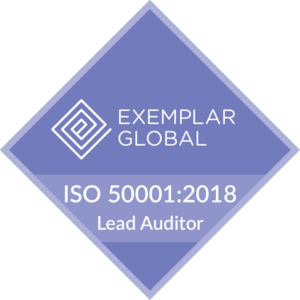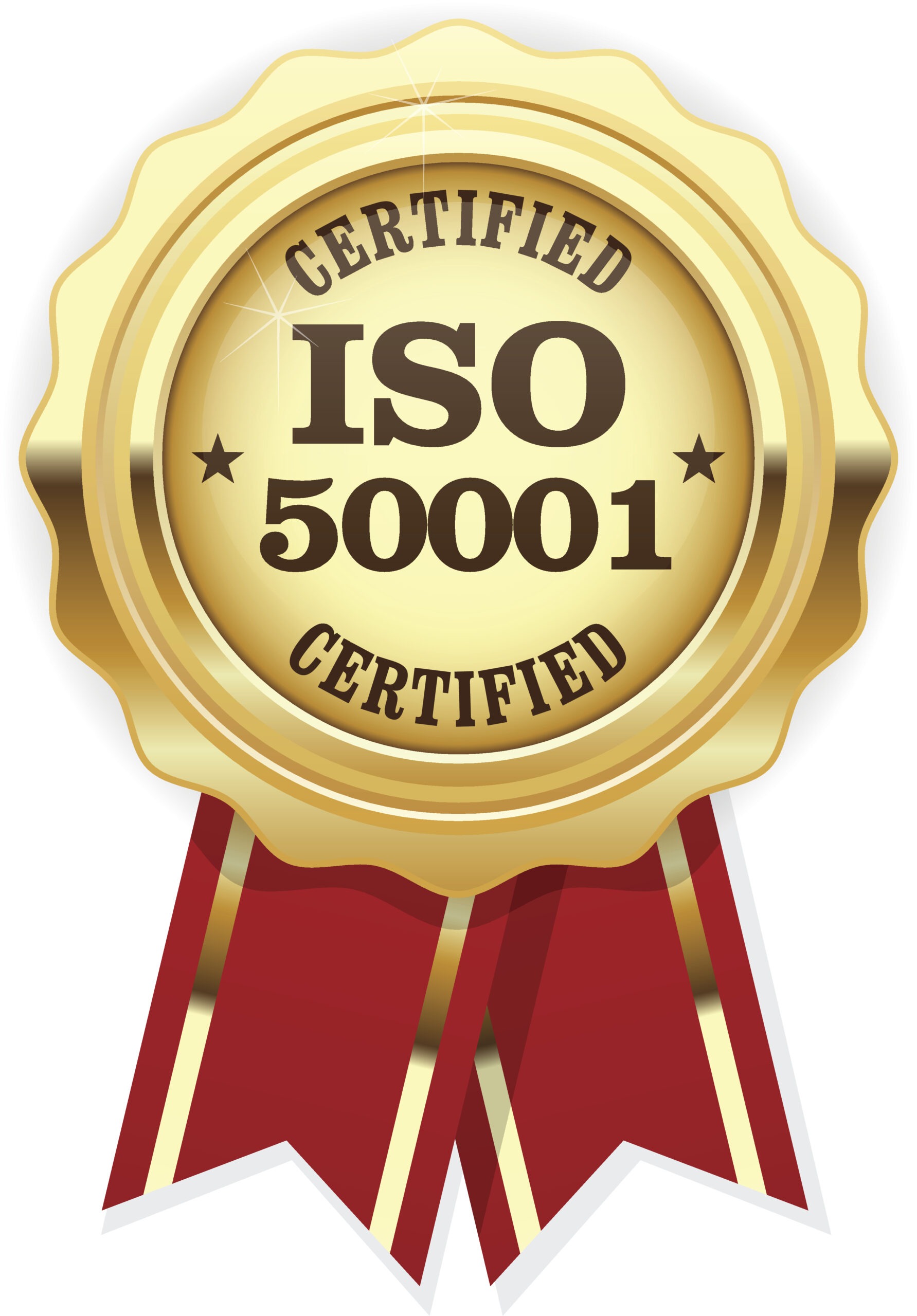ISO 50001 Lead Auditor

ISO 50001 is an international standard for energy management systems (EnMS).
It provides a framework for organizations to establish, implement, maintain, and continually improve their energy management practices. The primary goal of ISO 50001 is to help organizations reduce energy consumption, improve energy efficiency, and lower energy costs while minimizing their environmental impact.
Key aspects of ISO 50001 include:
- Energy Policy: Organizations are required to develop an energy policy that outlines their commitment to energy management and their specific energy objectives and targets.
- Energy Planning: ISO 50001 emphasizes the importance of energy planning, including setting energy baselines and performance indicators, conducting energy reviews, and identifying energy-saving opportunities.
- Legal and Regulatory Compliance: Organizations must identify and comply with applicable energy-related laws and regulations.
- Energy Performance Indicators (EnPIs): EnPIs are used to measure and monitor energy performance, helping organizations track progress toward energy efficiency goals.
- Energy Management System (EnMS): ISO 50001 encourages organizations to establish an energy management system that includes procedures, documentation, and responsibilities for energy management.
- Operational Control: Organizations develop procedures and processes to manage and control operations with a significant impact on energy performance.
- Monitoring and Measurement: Regular monitoring and measurement of energy performance are essential to track progress toward energy efficiency objectives and targets.
- Employee Training and Awareness: Employees are educated and made aware of their roles in energy management and energy efficiency improvement.
- Documentation: ISO 50001 requires the maintenance of documentation, including an energy policy, procedures, records, and reports.
- Continuous Improvement: Organizations are encouraged to continually improve their energy performance and the effectiveness of their energy management system.
Achieving ISO 50001 certification involves a structured process, which typically includes the following steps:
1. Commitment: Top management must commit to implementing and maintaining an energy management system.
2. Energy Policy: Develop and communicate an energy policy that reflects the organization’s commitment to energy management.
3. Energy Baseline: Establish a baseline for energy consumption and performance.
4. Legal Compliance: Identify and ensure compliance with applicable energy-related laws and regulations.
ISO AND ENERGY MANAGEMENT

We are ISO 50001 Lead Auditor
Certified Exemplar Global, Certificate Number: EnMS/LA/ACEL
We play a role in evaluating and improving an organization’s energy management practices. We help organizations meet ISO 50001 standards, reduce energy consumption, improve energy efficiency, and minimize their environmental footprint.
We are approved by certification bodies, consulting firms.
We work within internal audit teams in organizations seeking ISO 50001 certification or aiming to enhance their energy management and sustainability.

5. Energy Objectives and Targets: Set specific energy objectives and targets based on the energy baseline and performance indicators.
6. Implementation and Operation: Implement the energy management system, including procedures, training, and communication.
7. Monitoring and Measurement: Establish processes for monitoring and measuring energy performance.
8. Employee Training and Awareness: Provide training to employees and raise awareness about energy management.
9. Internal Audit: Conduct internal audits to assess the effectiveness of the energy management system.
10. Management Review: Top management should review the energy management system to ensure its continuing suitability, adequacy, and effectiveness.
11. Certification Audit: Engage a certification body to conduct an independent audit to assess compliance with ISO 50001.
12. Certification: If the audit is successful, your organization can achieve ISO 50001 certification.

ISO 50001 certification is valuable for organizations seeking to reduce energy consumption, cut energy costs, and improve their environmental sustainability. It demonstrates a commitment to responsible energy management and can lead to significant financial and environmental benefits.
To maintain certification, organizations must continue to improve their energy performance and comply with the standard’s requirements.
